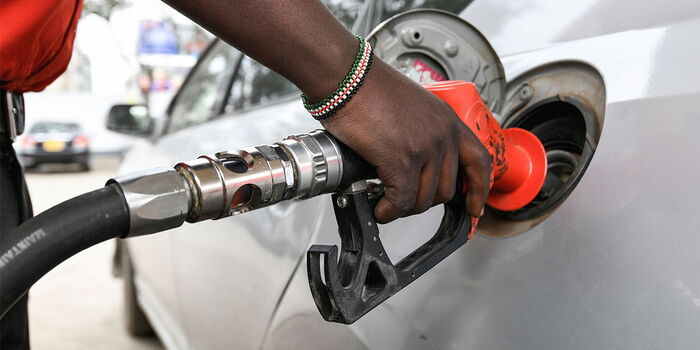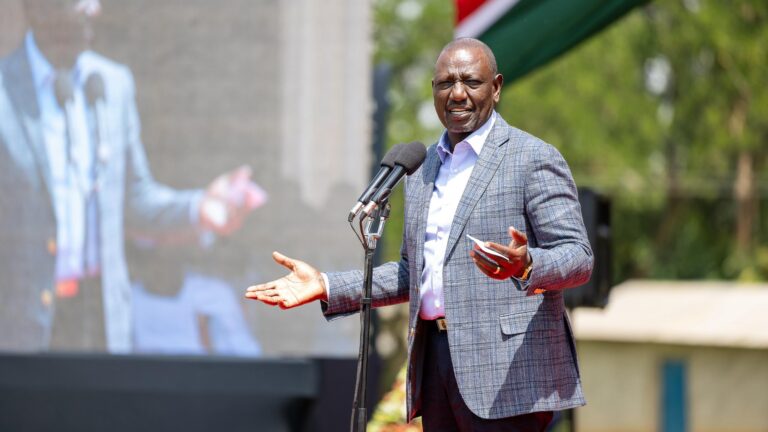
In a surprising move, the Energy and Petroleum Regulatory Authority (EPRA) announced that pump prices for super petrol, diesel and kerosene will remain unchanged for the review period from November 15 to December 14, effectively postponing any price hikes despite mounting international oil pressures.
The regulator confirmed that in Nairobi, super petrol will retail at KSh 184.52 per litre; diesel at KSh 171.47; and kerosene at KSh 154.78. These figures are identical to the previous review period and signal a temporary reprieve for motorists and households alike. Outside the capital, prices remain similarly stable: for example, in Mombasa super petrol stands at KSh 181.24, diesel at KSh 168.19, and kerosene at KSh 151.49.
EPRA attributed the freeze to its latest computations under Section 101(y) of the Petroleum Act 2019 and Legal Notice No. 192 of 2022, noting the adjusted excise duty, inflation corrections and inclusion of the 16 % VAT as per the latest Finance Act.
The decision comes at a time when global oil markets remain volatile, supply chains face pressures, and domestic inflation is rising—conditions that many had expected would trigger an increase in fuel costs. The maintained pricing structure therefore offers a short-term relief but raises deeper questions about sustainability and future shifts.
Analysts warn that this price hold may be fleeting. With global crude oil prices still subject to geopolitical fluctuations, domestic fuel pricing is likely to face upward pressure soon. For businesses, especially transport operators and logistics firms already grappling with high costs, the fixed rates are a welcome pause—but may soon be overtaken by increased operational expenses.
For everyday consumers, the maintained pump prices are a touchstone of stability. However, many feel the relief is fragile. Households depending on kerosene for cooking and lighting breathe easier for now, but uncertainty now looms: whether the freeze signals effective policy or a temporary measure ahead of unavoidable hikes.
In sum, while the latest EPRA decision delays the pain of higher fuel costs, it also shines a spotlight on the tightrope the regulator walks between shielding consumers and adapting to global market forces. The next review will be closely watched—any change then will carry amplified impact.






